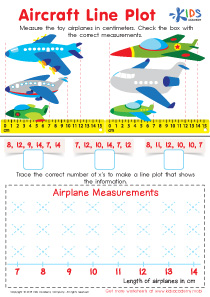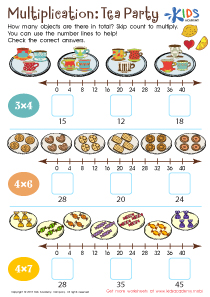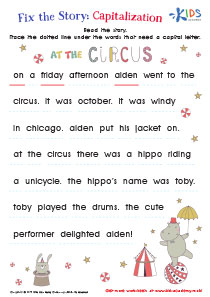Normal Other Parts of Speech Quizzes for Ages 6-7
5 results
5 filtered results
Clear all filters5 filtered results
-
From - To
Dive into the world of words with our "Normal Other Parts of Speech" interactive assessment quizzes, perfectly curated for children aged 6-7! These captivating quizzes are designed to check understanding and reinforce knowledge on adjectives, adverbs, prepositions, conjunctions, and interjections in a fun, engaging way. Feedback is provided instantly to encourage learning from mistakes and celebrate successes. Watch as your child explores the building blocks of language, mastering the normal other parts of speech through playful interaction. Perfect for young learners eager to expand their verbal toolkit. Start the journey to linguistic mastery today!
In the digital age, interactive learning tools have become increasingly popular and beneficial in engaging children in their studies. One such innovative approach is the introduction of Normal Other Parts of Speech quizzes designed specifically for children aged 6-7. These quizzes not only offer a fun and engaging way for children to learn but also significantly contribute to their understanding and mastery of language components critical to their academic development.
As young learners begin to navigate the complexities of language, understanding the Other Parts of Speech becomes crucial. These include adverbs, prepositions, conjunctions, and interjections, each playing a unique role in sentence construction and meaning. The Normal Other Parts of Speech for Ages 6-7 quizzes are meticulously crafted to introduce these concepts in a manner that is both accessible and enjoyable for children.
The interactive nature of these quizzes means that children are not passively receiving information but are actively engaging with the material. This active engagement is key to deep learning, as it encourages children to think critically and apply what they have learned in a practical context. By making choices and seeing immediate feedback, children can quickly grasp the function and use of different parts of speech, making the learning process both effective and rewarding.
Moreover, the quizzes are designed with the cognitive and developmental stages of 6 to 7-year-olds in mind. They use age-appropriate language, visuals, and scenarios that children of this age can relate to, making the learning experience highly relevant and motivating. This alignment with their developmental stage ensures that children are not overwhelmed but are challenged just enough to keep them interested and engaged.
The benefits of using Normal Other Parts of Speech quizzes for Ages 6-7 extend beyond immediate engagement and learning. These quizzes also contribute to building a strong foundation in language that is crucial for later academic success. A solid grasp of the parts of speech is essential for reading comprehension, writing, and critical thinking, skills that are fundamental across all subjects and areas of study. By mastering these concepts early on, children set themselves up for success in their educational journey.
Furthermore, these quizzes offer flexibility in learning, allowing children to progress at their own pace. This self-paced learning ensures that children fully understand each concept before moving on to the next, fostering a sense of achievement and confidence in their language abilities. Additionally, the quizzes can be accessed from anywhere, making them a convenient tool for both classroom learning and at-home reinforcement.
In conclusion, Normal Other Parts of Speech quizzes for Ages 6-7 are an invaluable resource for young learners. By blending educational content with interactive fun, these quizzes not only make learning enjoyable but also effective, laying a strong linguistic foundation for children's academic and personal growth. As children navigate through the quizzes, they not only learn about the intricacies of language but also develop critical thinking and problem-solving skills, making them well-prepared for the challenges of future learning.










